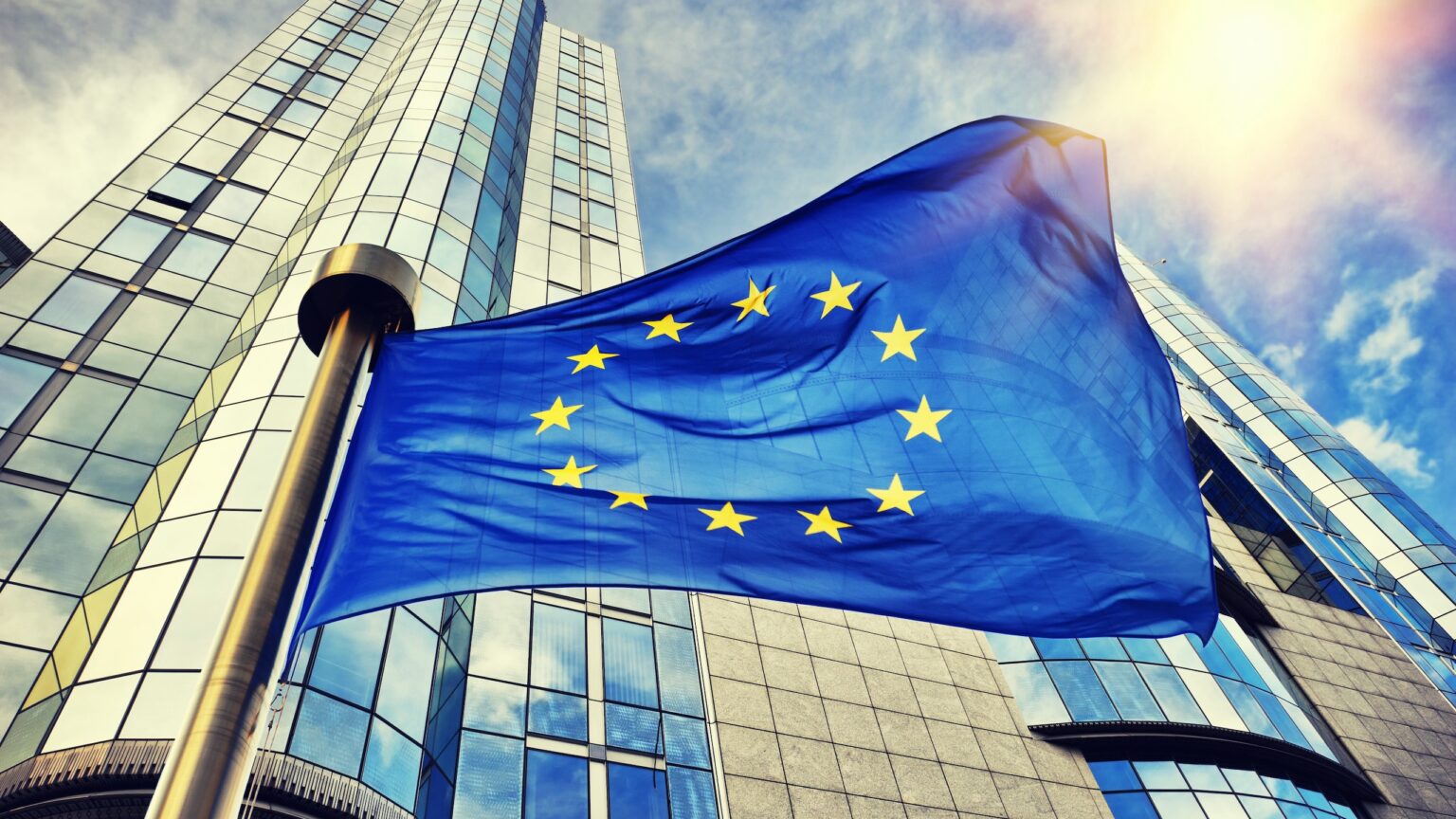The European Union (EU) Council has adopted rules requiring crypto asset service providers to collect transaction data and forward it to tax authorities. The move reflects a global trend towards increased scrutiny and regulation of the cryptocurrency industry, though some users aren’t happy.
As countries around the world recognise the growing importance of digital currencies, policymakers are striving to establish comprehensive frameworks to address potential risks and ensure financial stability.
The EU in particular is keen to “make it more difficult for criminals to circumvent anti-money laundering rules via crypto currencies.”
“Today, the Council adopted updated rules on information accompanying the transfers of funds, thereby extending the scope to cover transfers of crypto assets,” stated the EU Council.
The EU emphasizes that these regulations are essential to prevent the misuse of crypto assets for criminal activities.
The Council has just adopted the first-ever EU rules on markets in crypto-assets and services.
The new regulation aims to improve transparency, preserve financial stability and increase consumer protection while fostering innovation. #DigitalFinanceEU #MiCA
— EU Council (@EUCouncil) May 16, 2023
Also Read: EU Reportedly Plans to Include NFTs and Foreign Companies in Crypto Tax
Crypto crackdown
By implementing such measures, the EU says it is safeguarding its financial system and upholding stringent anti-money laundering rules.
“Today’s decision is bad news for those who have misused crypto-assets for their illegal activities, to circumvent EU sanctions or to finance terrorism and war. Doing so will no longer be possible in Europe without exposure – it is an important step forward in the fight against money laundering,” said Elisabeth Svantesson, Minister for Finance of Sweden.
Under the new rules, crypto asset service providers will now be required to collect and make accessible specific information about the sender and beneficiary of crypto asset transfers, irrespective of transaction amount.
“This ensures the traceability of crypto-asset transfers in order to be able to better identify possible suspicious transactions and block them,” stated the EU Council.
On Twitter, the news provoked a mixed response. Amusingly, the best response might have come from an AI-powered account, ReplyGPT, who wrote, “Looks like the EU wants to make sure we can’t keep our crypto transactions anonymous and mysterious anymore. Who needs privacy, right?”
AML regulation tightened
The EU Council has defined this legal framework as a part of a package of legislative proposals to strengthen the EU’s anti-money laundering and countering terrorism financing (AML/CFT) rules, presented by the Commission on July 20, 2021.
“The package also includes a proposal to create a new EU authority to fight money laundering,” reads the EU Council’s statement.
Its position on the transfer of funds proposal was agreed upon on December 1, 2021.
“Today’s formal adoption, according to the Council, represents the final step in the legislative process,” sated the Council.
Is crypto trading gambling?
In the UK, the Treasury Committee, comprising MPs from different parties, has released a report advocating for the classification of consumer trading in “unbacked cryptoassets” as gambling.
The report underscores the Committee’s claim that cryptocurrencies like Bitcoin lack intrinsic value and have little discernible societal benefit in. According to its contents, such currencies are frequently exploited by criminals for illicit activities such as scams, fraud, and money laundering.
🚨 Published today 🚨
🪙 We’ve just published our report on cryptoassets, setting out our recommendations for the Government’s approach to regulating this market.
📗 Learn more and read the report in full 👇https://t.co/CK7CVH2pQ1 pic.twitter.com/GvDQfiGhPU
— Treasury Committee (@CommonsTreasury) May 16, 2023
The Committee expresses concerns about the substantial risks posed to consumers due to the extreme price volatility and potential financial losses associated with these digital assets.
In light of such concerns, MPs urge the government to regulate consumer crypto trading as gambling, given its similarity to speculative betting.
“By betting on these unbacked ‘tokens,’ consumers should be aware that all their money could be lost,” said MP Harriett Baldwin, Chair of the Treasury Committee.
Mona El Isa, CEO and Founder at DeFi platform Avantgarde, was unimpressed by the Committee’s claims.
“It is disappointing to see MPs on the Treasury Committee using language and phrases around cryptocurrencies that will inevitably be picked up as sensationalist headlines and further perpetuate the misconceptions of digital assets and how the ecosystem works,” she said.









 and then
and then